The process of buying a swimming pool can seem a little overwhelming. Familiarize yourself with these pool terms and enjoy the whole experience, from construction to relaxing in your pool.
Types of Pool
1. Fiberglass
This type of pool is prefabricated, made of fiberglass and coated in a gelcoat. As a result, it’s very easy to install, durable, and easy to maintain.
2. Polymer
These pools are made from polymer walls pieced together. Polymer pools are non-corrosive and well-suited for salt water systems. The installation is relatively easy and the material is very durable. They also retain heat, keeping the pool water warmer.
3. Steel
Created from steel walls, these pools are extremely strong and durable. They are made to be durable and easy to install.
Concrete or Gunite pools are made by pouring concrete into a pool mold and sculpting the pool shape. These pools take the longest to install and have additional maintenance concerns to consider (See Below)
5. Vinyl Liner
This is a vinyl membrane goes over the skeleton of a polymer or steel pool, keeping the water in.
Pool Covers
1. Safety Cover
The purpose of a safety cover is to keep children and pets from falling into your pool, but it also keeps out leaves and various debris and can help conserve energy, heat and water. Safety covers generally come in the form of a year round automatic cover or a seasonal solid or mesh cover.
These covers are made of mesh material that provides a high level of safety. The mesh material allows for drainage and prevents water from collecting. This is generally used as a seasonal cover.
3. Coverstar Heavy Duty Solid Cover
A heavy duty solid cover keeps out almost all sunlight. It weighs about 12 oz, so it is heavy enough to withstand almost anything. This is generally used as a seasonal cover
These covers are generally built into the decking around your pool and provide a solid surface that protects your pool at the push of a button. The material is usually solid and blocks out sunlight while helping maintain your pool temperature and prevent evaporation. WiFi options are available to alert you when your pool is opened and you’re not home. These are considered year round covers and can open and close in less that 2 minutes.
Accessories
This type of step is made of a polymer that resists damage that sometimes occurs over time. It also has a non-slip surface, making entering and exiting the pool safe.
Made of fiberglass, this step offers all of the great qualities fiberglass pools have.
This step goes in a polymer or steel pool to create a step with a vinyl pattern that matches your pool’s liner. It has polymer supports.
These steps with steel support are very durable.
5. Pool Surface Alarm
This is one of the several measures that you can take to protect your family. An alarm sounds when the surface of the water is breached, giving you piece of mind that your young children or pets are safe.
This is an addition to your pool that gives you a shallow area of water to use for tanning. They come in different shapes and sizes and really add to the elegance of your pool’s design.
1. Algae
Algae are organisms that tend to grow in pools, especially if there are many crevices. Concrete & Gunite pools are more susceptible to algae given the porous surface.
2. Algaecides
This chemical product kills algae and prevents it from growing.
3. Fungicide
This prevents many different types of bacteria from growing, and can be built into some pool liners.
4. Sand Filter
This filtration method uses sand to purify the water. It allows some of the larger particles through.
5. Cartridge Filter
Another filtration method, this involves water being pushed through a porous material. It is very cost-effective.
6. DE Filter
This is the most effective method of filtration, as it can filter out the smallest particles.
7. Corrosion
Corrosion occurs when a chemical reaction causes a material to be weakened and ruined. It can happen when a pool wall is not made of pure materials.
8. Hand Skimmer
A tool that allows you to remove debris from the surface of your pool.
9. pH
This is the measure of acidity or alkalinity in your pool. It should be between 7.4 and 7.6. This level means that bacteria and algae will not thrive, but you won’t suffer from the chemical concentration.
Understanding common pool terms is the first step to enjoying your pool. Brush up on your definitions, and get ready to swim.

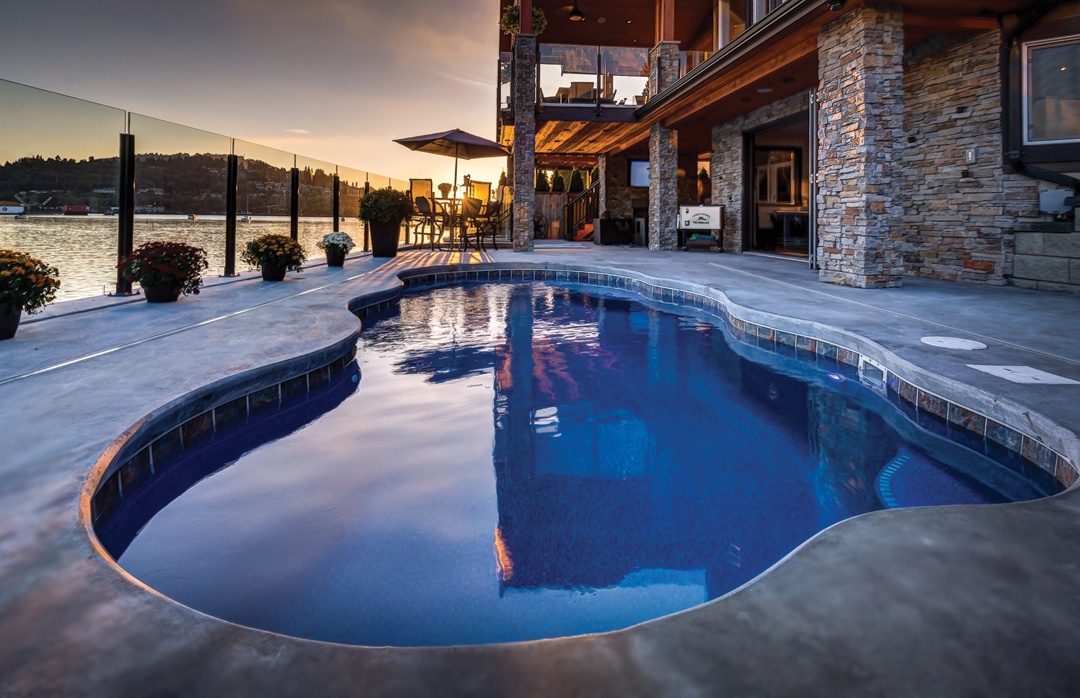

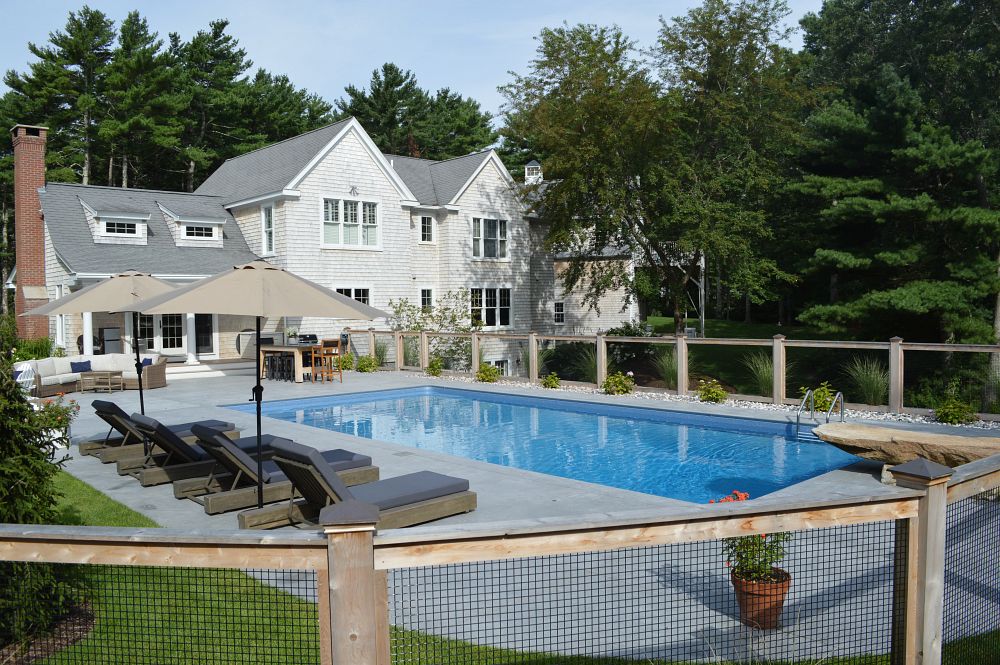
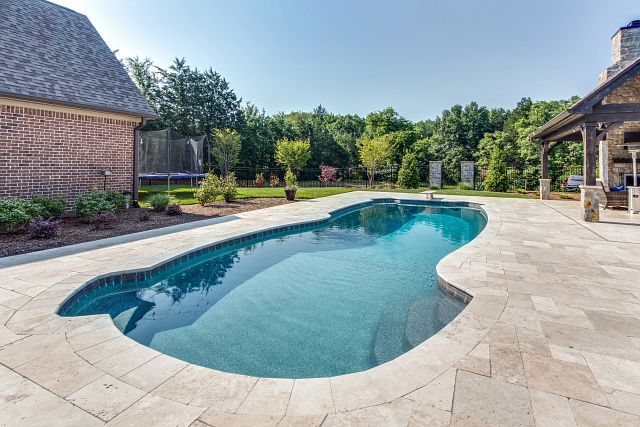
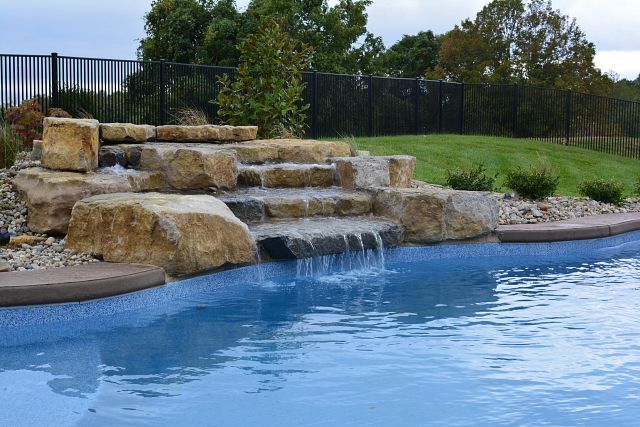
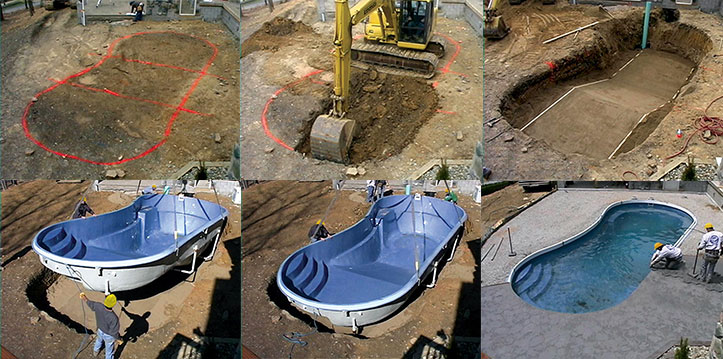
Join the discussion